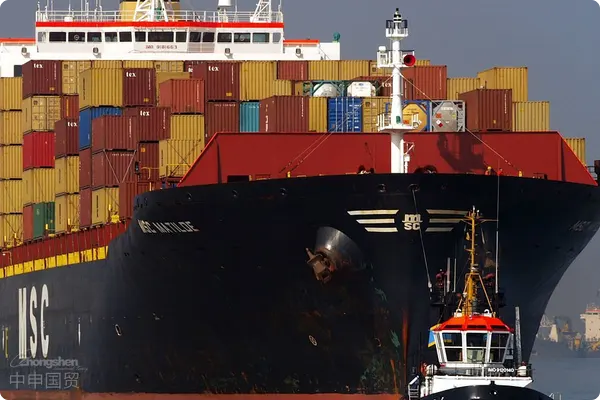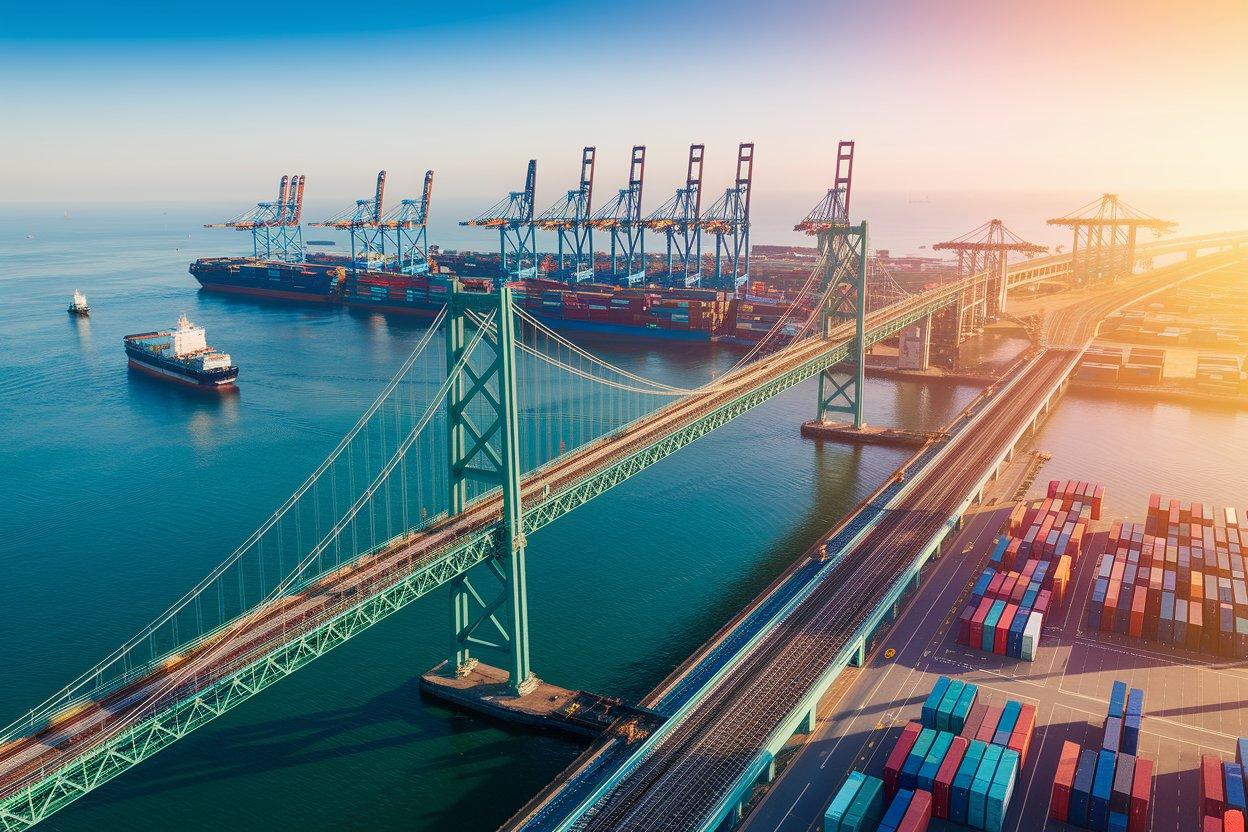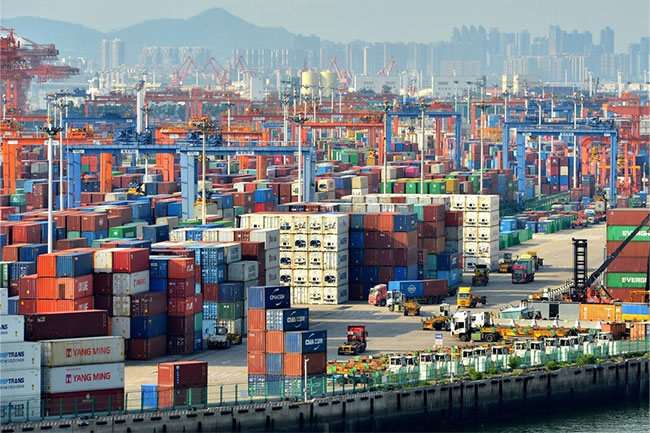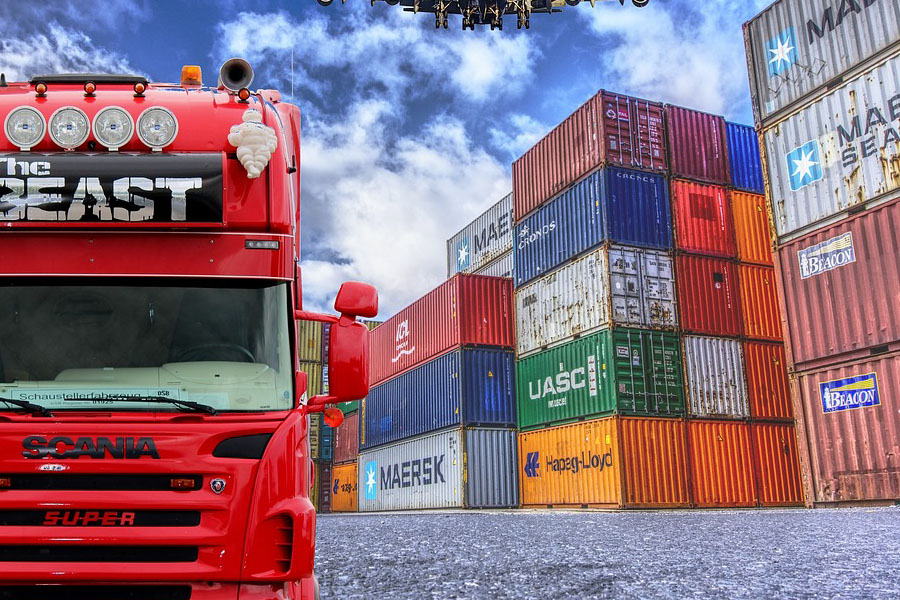- Shanghai Zhongshen International Trade Co., Ltd. - Two decades of trade agency expertise.
- Service Hotline: 139 1787 2118

I.Export RepresentationWhat are the basic principles of freight cost allocation?
According toINCOTERMS? 2020International practice dictates that freight costs must be shared in accordance withThe principle of trade terms taking precedence.:
- Under FOB terms, the buyer bears the main freight.
- Under CIF terms, the seller is responsible for paying the freight to the port of destination.
- Under EXW terms, the buyer bears all transportation costs.
New requirements from the General Administration of Customs in 2025: The customs declaration form must specifyThe actual cost bearerIt is recommended to clearly specify the following elements in the agency agreement:
- Basic freight allocation ratio
- Emergency Surcharge Handling Mechanism
- Response Plan for Currency Exchange Rate Fluctuations
2. How do different modes of transportation affect cost allocation?
Data from the 2025 international transportation market shows significant differences in surcharges across various modes of transport:
- Maritime Transportation: Peak Season Surcharge (PSS) can be up to 200% of the base freight.
- Air Transportation: The fuel surcharge is adjusted monthly, and it is recommended to adopt this approach.Floating Allocation Mechanism
- China-Europe Railway Express: Special attention is requiredOverseas segment transshipment feeOwnership Agreement
Practical case: A certainCross-border E-commerceThe enterprise due to no agreementPort congestion feeThe allocation ratio resulted in an additional cost of USD 1800 per container. The solution should include:
- Specify the known types of additional fees in the contract.
- Set the unforeseen expense trigger threshold
- Establish an arbitration clause for fee disputes
III. How to Verify the Freight Cost List Provided by the Freight Forwarder?
Professional advice is recommended.Triple Verification Method:
- Compare with the shipping company's official published freight rates.
- Note the validity period: Starting from 2025, ocean freight rates will be updated on a weekly basis.
- Check the container circulation records.
- Query the actual departure/arrival time by container number
- Analyze the historical freight rate curve for the same period.
- It is recommended to use an international trade big data platform (such as Xeneta).
IV. What are the special considerations for freight rates in emerging markets?
For the key expansion in 2025,Emerging markets in Southeast Asia and Africa:
- Vietnam/Thailand: Risk of double charging for THC fees at the destination port.
- Nigeria: Mandatory Use of NXP Form for Freight Declaration
- Brazil: Customs valuation may include presumed freight costs.
Suggested coping strategies:
- Establish a fee confirmation channel with the local customs clearance agent.
- Allocate 10-15% of the budget as a contingency reserve.
- Please translate the following Chinese into English: Insure against transportation cost differentials
5. How can digital tools optimize freight cost management?
Recommended professional systems for 2025:
- Freight Intelligent Reconciliation Platform (e.g., Flexport)
- Blockchain Waybill Traceability System
- AI Freight Cost Prediction Model
Application case of a manufacturing enterprise:
- The time for transportation cost accounting is reduced by 60%.
- The accuracy rate of abnormal expense identification has been increased to 92%.
- Annual freight expenditure reduced by 8.5%.
VI. How to Effectively Protect Your Rights in Case of Freight Dispute?
Professional Process Recommendations:
- Step 1: Seal the original shipping documents.
- Step 2: Apply for the Shipping Company Cost Certificate
- Step 3: Initiate International Freight Arbitration
- It is recommended to choose the London Maritime Arbitrators Association (LMAA).
Key Milestone Reminders:
- Time limit for maritime claims: 1 year after delivery of the goods.
- Time limit for air freight claims: 14 days after the arrival of the goods.
Related Recommendations
? 2025. All Rights Reserved. Shanghai ICP No. 2023007705-2  PSB Record: Shanghai No.31011502009912
PSB Record: Shanghai No.31011502009912









